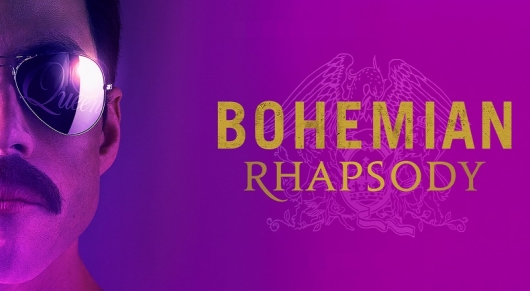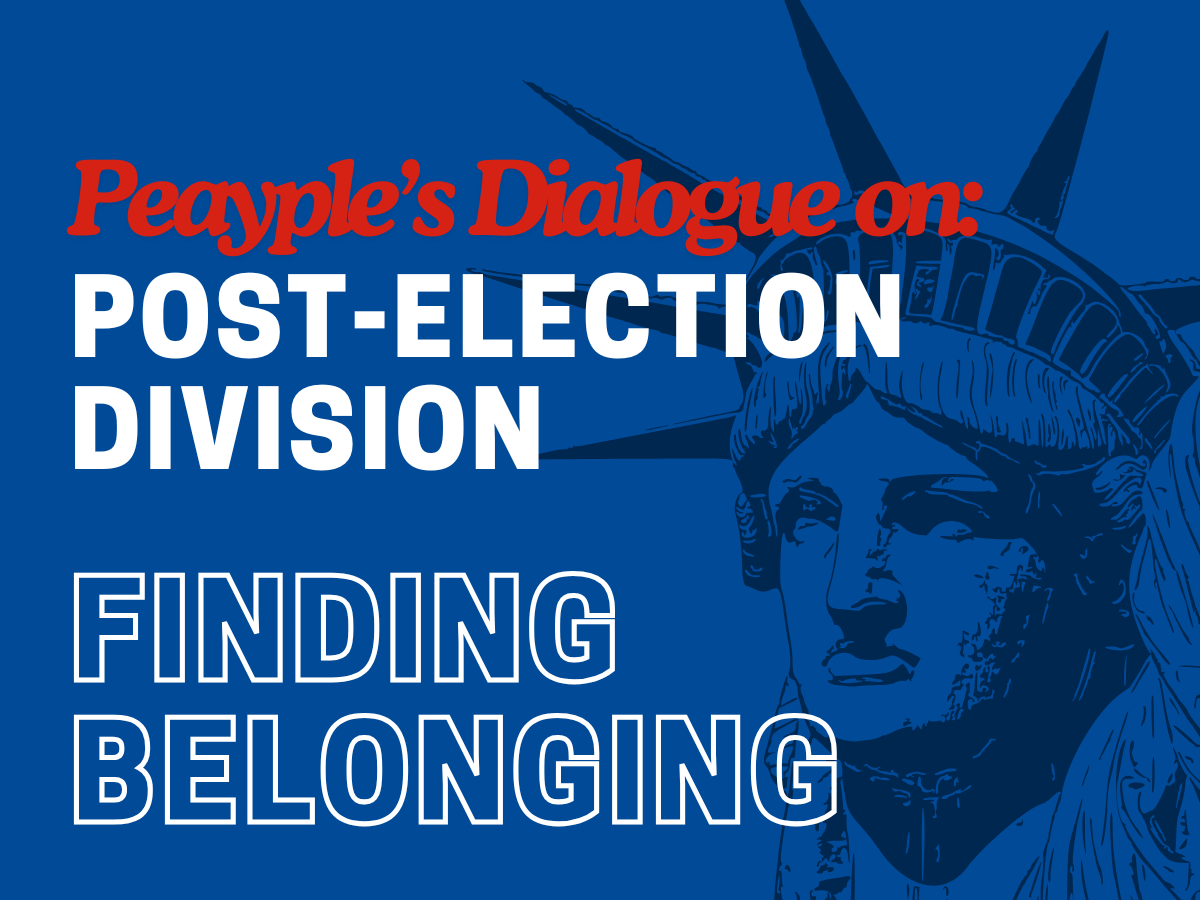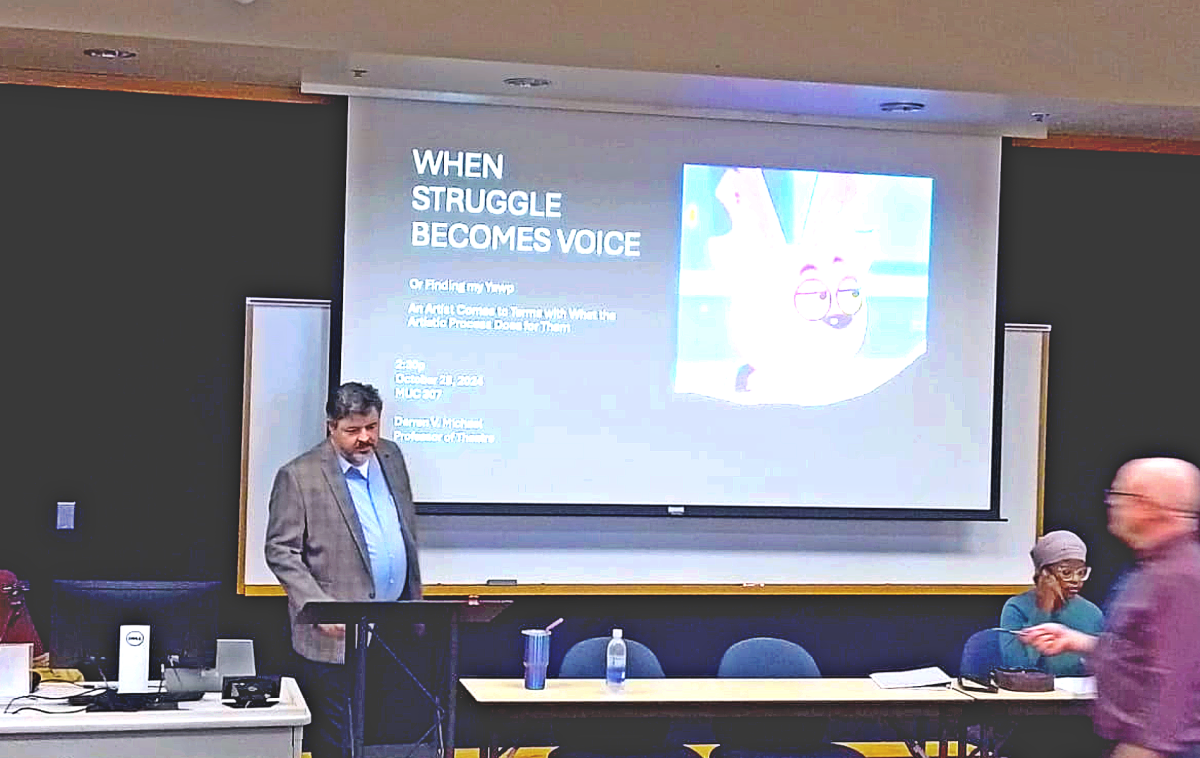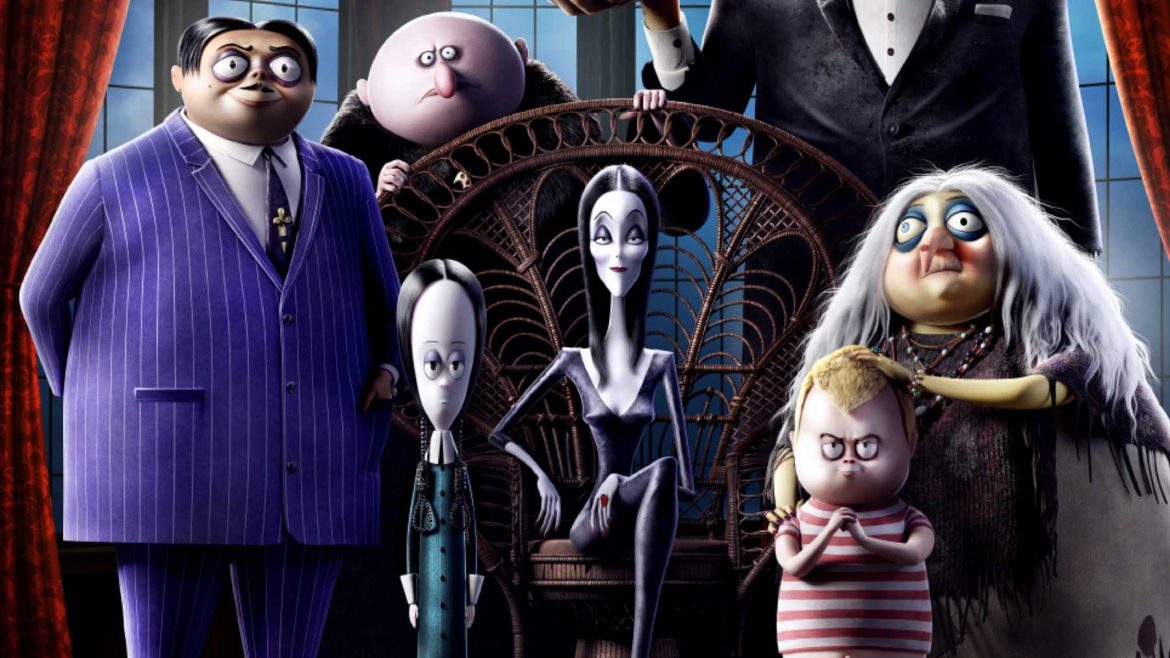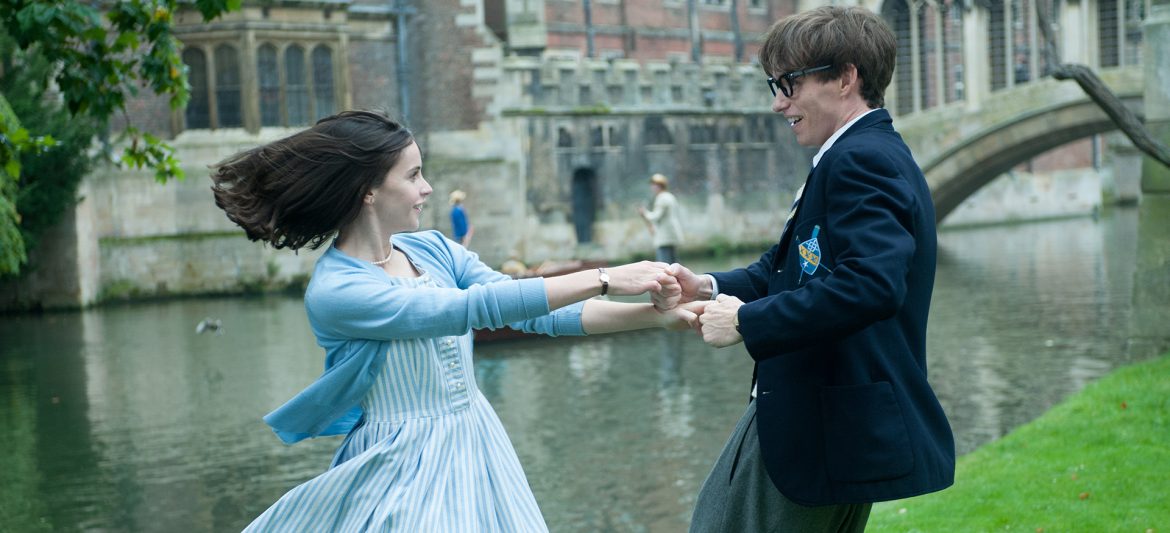“Bohemian Rhapsody” is a biopic directed by Bryan Singer (and later Dexter Fletcher upon the former’s firing).
Starring Rami Malek, famous from “Mr. Robot,” the film details the personal life of Farrokh Bulsara, known to the world as Freddie Mercury.
From the rise of Queen to their 1985 Live Aid performance, “Bohemian Rhapsody” follows 15 years of the band’s life, showing what made them and their eclectic frontman legends.
Before the film’s release, people expressed concern over the depiction of Freddie’s bisexuality and eventual AIDS diagnosis.
The initial trailers received backlash for glossing over Freddie’s sexuality and instead focusing on his relationship with his life partner, Mary Austin.
While she serves as a recurring role in the film, her impact is reduced along with Freddie’s history of sexual escapades.
The film does address Freddie coming to terms with his sexuality, as well as his diagnosis, which is admirable on the filmmakers’ part.
However, I would be remiss to claim those who felt the depictions were hollow had no reason to feel that way.
Critics also noted numerous inaccuracies within the film.
Some of them are forgivable and up for interpretation, as dramatization is typical within Hollywood biopics.
However, it jumps ahead in the timeline so often, that you lose a sense of connection with the band’s journey at times.
The screenplay also exaggerated aspects of Queen’s life, such as in-fighting within the group and augmenting both their struggles and successes.
The results are paradoxically sanitized and self-indulgent.
What does place “Bohemian Rhapsody” above other biopics is the performances from its stellar cast, especially that of Rami Malek, who transforms himself into the man behind the legend.
He manages to convey both the kinetic energy and vulnerability that contributed to Freddie Mercury’s artistic genius.
The same amount of unanimous praise should go to Gwilym Lee and Ben Hardy, the actors behind the portrayals of Brian May and Roger Taylor.
Like Malek, Lee and Hardy easily resemble the real-life musicians, both physically and psychologically.
Without the camaraderie amongst the actors, the performances would not have felt as authentic.
Despite the inaccuracies and antisepticized depiction of Freddie Mercury’s life, there still exists an undisputed passion. Brian May and Roger Taylor served as creative consultants of the film, so no matter the Hollywood romance behind the production, the results do not feel entirely plastic.
The film exudes a self-aggrandized attitude but also takes time to establish Queen’s talent and personality that makes them deserving of it.
My thoughts on “Bohemian Rhapsody” are similar to that of critics’ initial reception of the song.
While they may find it overlong and pretentious, “Bohemian Rhapsody” is a tribute to rock music’s luminaries, who are deserving of calling themselves champions.

